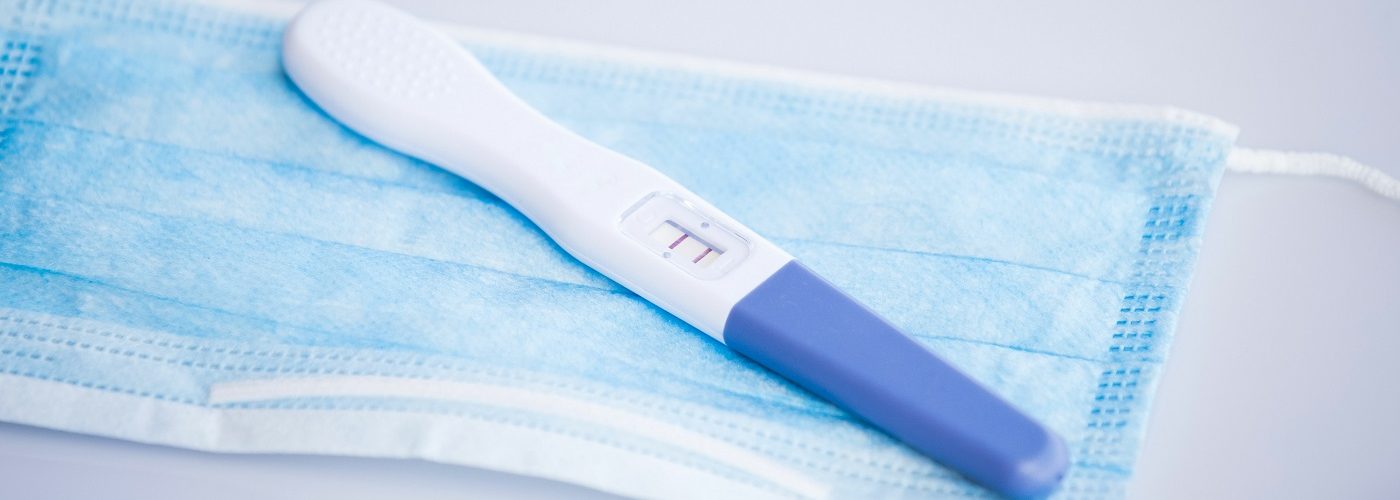
- The presence of virus receptors in the ovary justifies the importance of analysing how SARS-CoV-2 affects ovarian reserve.
- No decrease in Anti-Müllerian hormone (AMH) levels was observed in women who survived the disease and participated in the study.
Despite the overwhelming magnitude of this pandemic and its global prevalence, information on the effects of COVID-19 on reproduction is currently limited. As assisted reproduction centres resumed their activities, it became a priority to study the reproductive situation of people infected with Coronavirus.
In this respect, and based on the presence of SARS-CoV-2 virus receptors in the ovary, the question was mandatory: Could a woman’s ovarian reserve be affected after COVID-19 infection?
Covid-19 and fertility
“From May to June 2020 we invited 46 patients from our IVI clinics in Spain to participate in this study, after overcoming Coronavirus. All of them had a previous study of their Anti-Müllerian Hormone (AMH), no more than 6 months before. The results of this research were very positive, showing that having suffered the disease does not affect the ovarian reserve status. Therefore, we can assume that the chances of successful reproductive treatment remain intact”, said Dr. Antonio Requena, Medical Director of IVI.
The women participating in the study were divided into two groups, according to their previous AMH levels: low responders (16 patients), with a mean age of 38.6 years; and normo/high responders (30 patients), with a mean age of 34.7. In neither group was it found that the disease could lead to a decrease in reserve, so this is also encouraging for patients who already had a low ovarian reserve to begin with.
“Although the results hold out great hope for women who have experienced COVID-19, in terms of reproductive forecasts, more data are needed to draw firm conclusions, so it will be essential to increase the sample size to ensure that the results remain along these lines”, concluded Dr. Requena.
About IVIRMA Global
IVI was founded in 1990, as the first medical institution in Spain fully dedicated to assisted reproduction. Since then, it has helped with the birth of more than 250,000 babies thanks to the application of the latest technologies. In early 2017, IVI merged with RMANJ, becoming the largest assisted reproduction group in the world. It currently has more than 65 clinics in 9 countries and is the leading centre for reproductive medicine.
